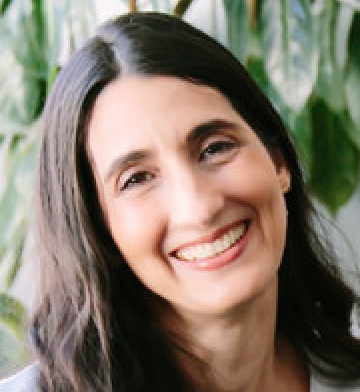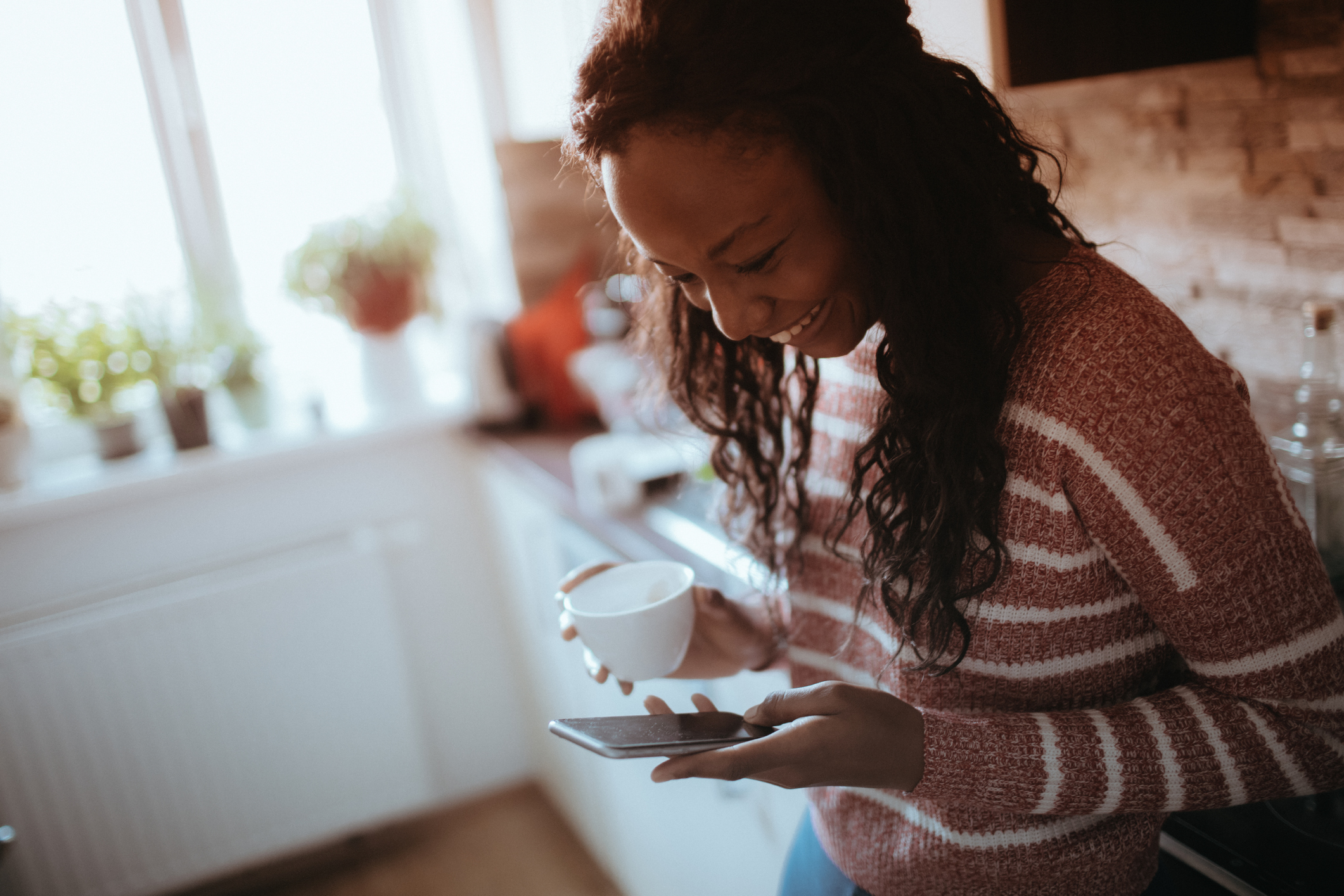Compassion and healing call us as we move forward. They send out beacons to us globally, in our communities, and in our personal interactions. When we lay our heads down on our pillows at bedtime, feeling like we are being held with compassion, we feel safer. We also sleep better.
This time of such profound vulnerability also provides us with opportunities to rise to our best selves both individually and collectively.
In my private practice as a psychologist and hypnotherapist, my clients often focus on the topic of relationships and communication. Couples complain about their partner’s tone or unkind words. Parents want to know what to do when their children talk back. Employees and employers alike struggle with how to be treated with more respect. And, of course, issues of race and gender, which have been huge areas of conscious and unconscious struggle for quite some time, have reached a boiling point.
We need to address this concept of treating one another with respect, kindness, and the best type of humanity. We may all have different opinions about how to ultimately achieve this goal. Nonetheless, we seem in agreement that we’d like more respect and safety in our relationships, homes, communities, and thinking.
Over the years, my clients increasingly find compassion and healing as they come to understand how to listen and really hear what others want and need. I’ve shown them how to use self-hypnosis practices, trauma resiliency techniques, communication strategies, and mindfulness skills to build internal calm that then manifests in their external lives.
Last week, I had a session with a couple who spoke about feeling hurt by each other’s tone, words, and actions. They often engage in power struggles and debates about blame. Both want to feel understood and validated in their feelings or position.
We’ve used many different paths to improve this couple’s relationship. Last week, though, we talked about something that touched them deeply and changed things for them. It also clarified for me my own perspective in terms of how I hope to proceed with compassion and healing during this very difficult and confusing time in the world.
Before I tell you what we arrived at, let me give you this background.
You know how, a few times in life, someone will say something to you that rings so true that you never forget it? Interestingly, it’s usually something that seems so simple and obvious that it almost has the quality of something remembered.
In the course of a serious but seemingly everyday conversation, my father once said, in a quiet voice, “Everyone deserves to be happy.” Just that. Everyone deserves to be happy. For me, those five words resonate pure truth.
A little backstory on my father: In addition to raising six children, he has had a successful career as a brilliant cardiologist who ran more than a dozen hospitals. In other words, he has seen suffering and he has literally and figuratively held people’s hearts in his hands.
So maybe what I learned from my father laid the foundation for my advice when I was in the session recently with that couple. I told them this:
Treat each other like you carry the other person’s heart in your hands. Whenever you interact with each other, or with anyone you love, you hold their heart to some degree or another. Honor that. Act like they have entrusted you with the most precious thing they have. Don’t bruise it or break it or treat it carelessly.
I do believe it’s that serious. It starts in our homes and our personal relationships and it builds from there.
When we speak to each other, drive in the next lane from another person, ask for help or understanding, or respond, we can interact with compassion and healing OR we can do damage in little or big ways. Sometimes setting a boundary or speaking up needs to happen. It may need to happen clearly and firmly. What if we simultaneously hold these principles personally, politically, and communally?
Recognizing that everyone (every living thing) deserves to be happy, builds on the core values of empathy, compassion and healing, regardless of race, denomination, economics, politics, or something else. It doesn’t mean we have to agree or even understand or tolerate things that offend us. However, it does direct us to ask ourselves to think creatively and to try to find win-win solutions.
When we acknowledge that we carry someone else’s heart, we realize that everything we each do has an impact. The words we use and actions we take have power. When we have relationships, deep and shallow, personally or even on social media, we can lift someone up or hurt them deeply. This time calls for us to be especially conscious in our choices. We can protect our own, and each others’, hearts. When we do so, we can all sleep better at night.
Lastly, a line from a Rumi poem keeps bouncing around my head so I will end with this:
“Little rosebud, what do you hold between your hands? The secret of my beauty is here.”
This blog also appeared on www.drdyan.com on June 3, 2020


